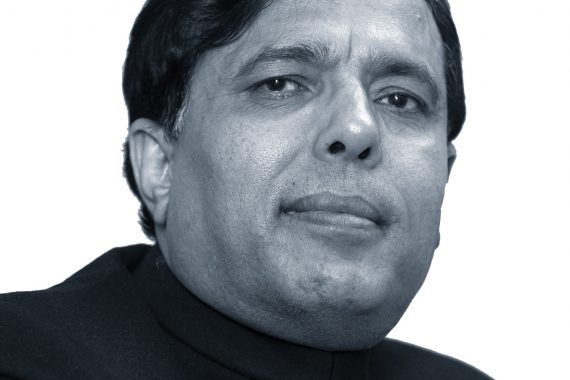The challenge from Covid-19 to GP services in the UK is enormous and pressing. There is genuine fear that the coronavirus has the potential to be one of the most fatal epidemics to have hit the world for a century, and it’s rapidly increasing in prevalence all over, including UK. With a fast-growing tally of 116 cases in the UK, the British Government, none too soon, published its plan this week.
In the first phase, the aim was to contain the disease, not least to buy time to improve preparedness – critical, given warnings that the NHS is not yet ready for the crisis; in the second, it’s to delay its spread; in the last, it’s to mitigate its impact. Research into the virus, potential treatments and vaccines will run alongside. It also seeks the necessary powers to prepare for and tackle the outbreak, including asking retired medics to return to work, and drafting in medical students.
I’ve been retired for past few years, but like most of my retired colleagues, I would happily interrupt my retirement to help cope with increased workload, provided I get the emergency registration from GMC and emergency indemnity coverage paid by the state. Some colleagues feel their Hippocratic Oath was to help humanity as required.
If the community needs are such that we need to render our services to alleviate suffering, many would be willing to help. It’s not denying that retired GPs have a priceless clinical and communication skills to reduce the pressure on the system during pandemic.
I would interrupt my retirement to help, provided I get the emergency registration from GMC and indemnity
If retired doctors are to assist the NHS in times of emergency, arrangements will have to be made for their timely employment. The BMA and NHS England need to negotiate terms and conditions for return at the earliest opportunity, including exemption from appraisals, revalidations and CQC inspections.
We need to bear in mind many retired doctors’ ages – the morbidity and mortality in older doctors contracting the virus will be higher.
We must also consider their own wellbeing, and whether they would be putting themselves at risk by returning to work for face-to-face consultations. However, retired doctors could prove to be a great asset in professional telephone triage. That would be at a premium, and probably the best and most low risk way to contribute, if they wanted to.
Quick induction, along with refined protocol, would help in uniformity of advice, which needs to be consistent, evidence-based and factual. Since most GPs have experienced similar situations in their professional lives, they could be an asset. Perhaps their knowledge could be valuable to other younger health professionals facing complex situations.
Finally, let’s not forget that thousands of GPs were forced to retire early due to ill-thought-out pensions tax. In order to allow doctors to return to the NHS to help treat Covid-19, our new chancellor must first find a long-term solution to the NHS pensions tax crisis in next week’s Spring Budget, so that working GPs don’t think of retiring early.
It would be more practical to sort out the pensions debacle and get current willing GPs to work more, rather than asking retired (higher-risk) people to return.
Dr Kailash Chand OBE is a retired GP in Tameside
Pulse October survey
Take our July 2025 survey to potentially win £1.000 worth of tokens














